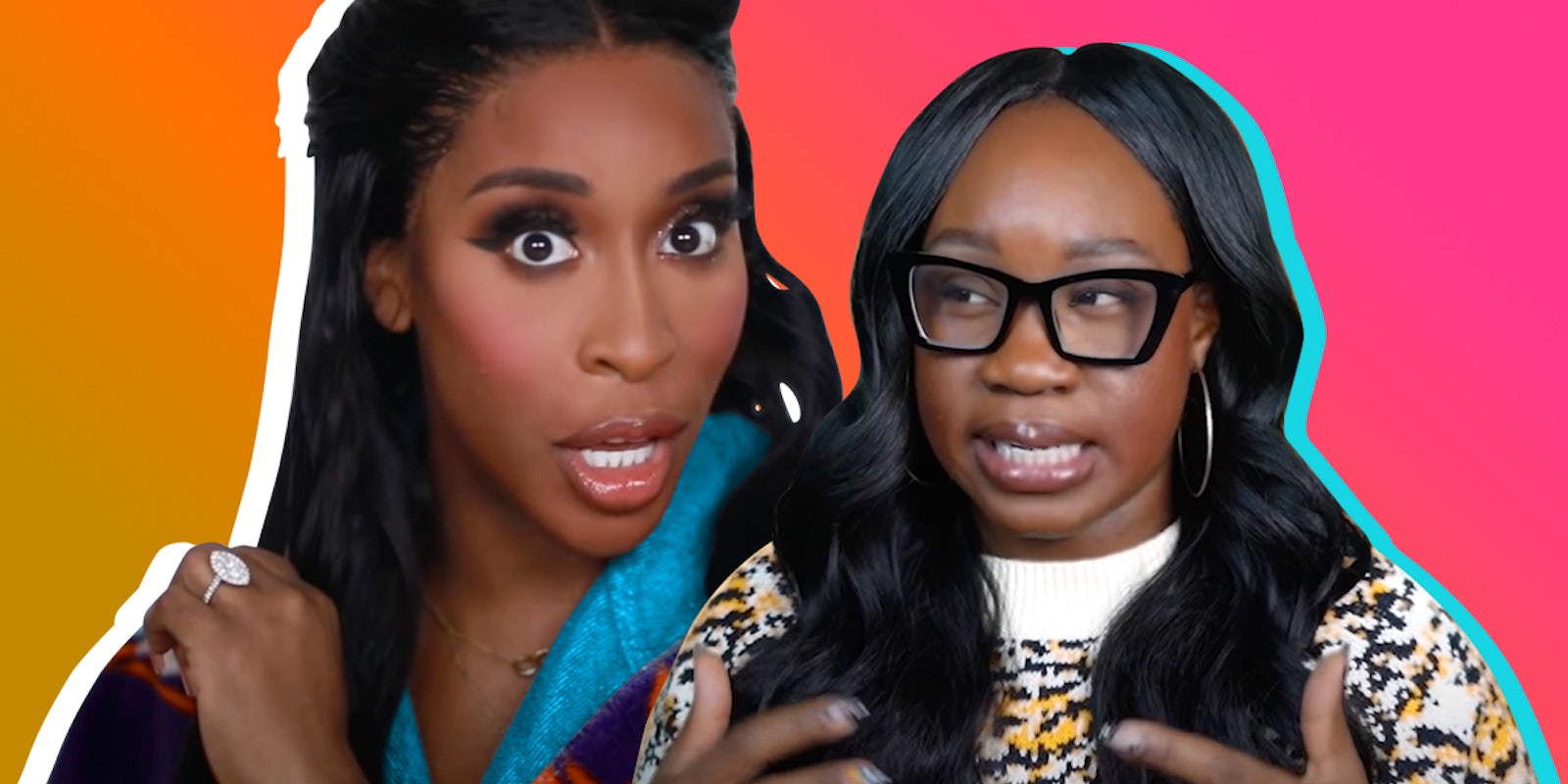
This story was originally published on Passionfruit.
The path to making a career as a content creator or influencer is more diverse than it has ever been. From TikTok to Instagram to YouTube and more, there are creative people all over the world using the internet to connect with a variety of audiences, land brand deals, and become public figures. While the myriad of benefits from being a content creator are often limited to those at the very top, there is great incentive to building an online audience. But for creators of color, particularly Black creators, this career climb means encountering obstacles that their white counterparts don’t face. On top of being underpaid and undervalued, for instance, Black creators are tasked with being relatable, and representing Black life in ways that can be stifling. This pressure often comes from their audience, and tampers their opportunities for proper growth.
It is an unfortunate fact that the creators who are able to take advantage of the incredible opportunities that come from having a large audience are disproportionately white. Of the top five individual YouTubers with the most subscribers, all five of them are white. Both YouTube and TikTok have come under fire for racist algorithms that push down the content of POC creators. In fact, in 2020, a group of Black creators sued YouTube, alleging that the platform was “systematically removing their content without explanation.” Platforms like TikTok have also received complaints from their Black creators, to the degree that they began to strike.


